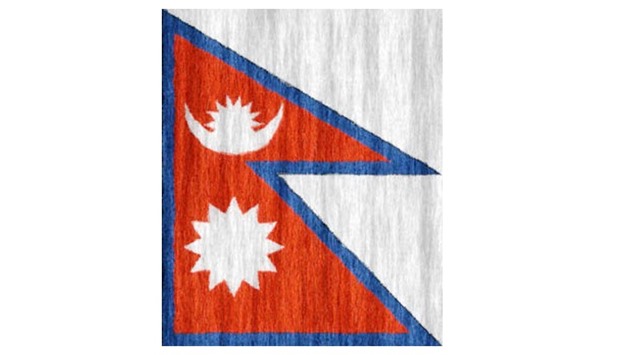Around 20% of the impoverished Himalayan nation’s almost 29mn people are migrant workers in the Middle East, as well as countries such as Malaysia and South Korea – generating remittances that make up a quarter of
Nepal’s GDP.
A report by the London-based human rights group found many migrants were being forced to borrow money, with interest rates of up to 35%, to pay shady recruitment firms who ended up cheating them with false promises.
“Unscrupulous recruiters are getting away with destroying lives – illegally charging aspiring job-seekers exorbitant fees to get jobs abroad and then abandoning them overseas when things go wrong,” James Lynch, Amnesty’s deputy director for global issues, said in a statement.
“It is only when they leave Nepal that migrant workers find out that they have been deceived about everything from salary to working conditions. By then it is far too late and many end up with recruitment debts that may take the rest of their working lives to pay off.”
Lynch accused the Nepali authorities of investing little to check these firms and protect its overseas migrant workers – many of whom are manual labourers or domestic workers – despite their significant contribution to the
country’s economy.
But government officials said recruitment agencies are required to make employers in Gulf states and Malaysia pay air fare and visa fees so that migrants are not cheated. They said errant firms were penalised.
Foreign employment department director Mohan Adhikari said compensation is also given to victims deceived by recruitment firms, adding that last year this totalled around $500,000.
“We are doing all we can within our resources to address the problems of the migrant workers, who are victimised by recruitment companies,” Adhikari said.
Amnesty’s report, based on interviews with nearly 130 migrant workers and dozens of government officials, found victims paid on average $1,350 to recruitment firms for jobs abroad – nearly double the limit permitted under
Nepali law.
Once overseas, the migrants often had their passports confiscated by employers and did not get contracts – leaving them open to exploitation such as long working hours, little freedom of movement, and even forced labour.
“Despite some bright ideas, a lack of political will combined with bureaucratic inertia means that businesses are still effectively free to exploit migrants,” said Lynch. “It is high time that this equation changes and migrant workers receive the protection they are entitled to.”
Ram Sundar Yadav said his employer in Malaysia locked him in a room for 15 days when he refused to perform duties outside his contract.
“He said that unless I did as he asked he would not return my passport or give me food. He said he would jail me,”
Yadav said.
The 27-year-old managed to return home after nine months with the help of the Nepali government, but could not repay the $1,552 loan he took to travel abroad.
“The attitude of recruiters is about buying and selling people. And our people end up being abused, because the government does not prevent them from being traded like cattle,” said Suresh, another worker interviewed for the
report.
Amnesty said more than 2,000 cases were filed by migrant workers against recruitment agencies in Nepal last year, but only four have so far been referred for
prosecution.

